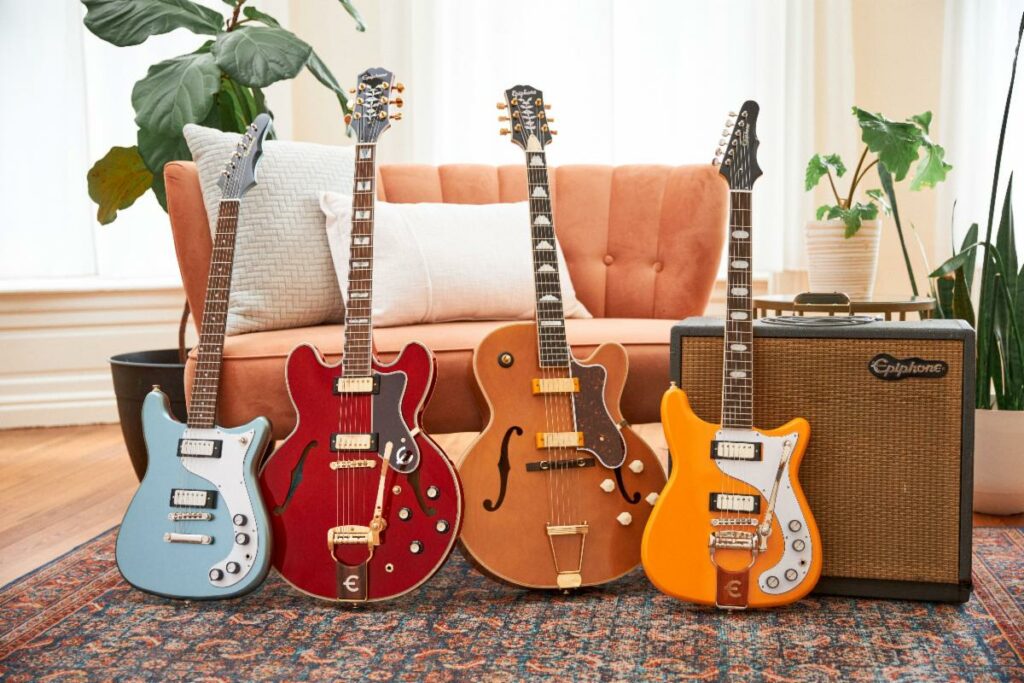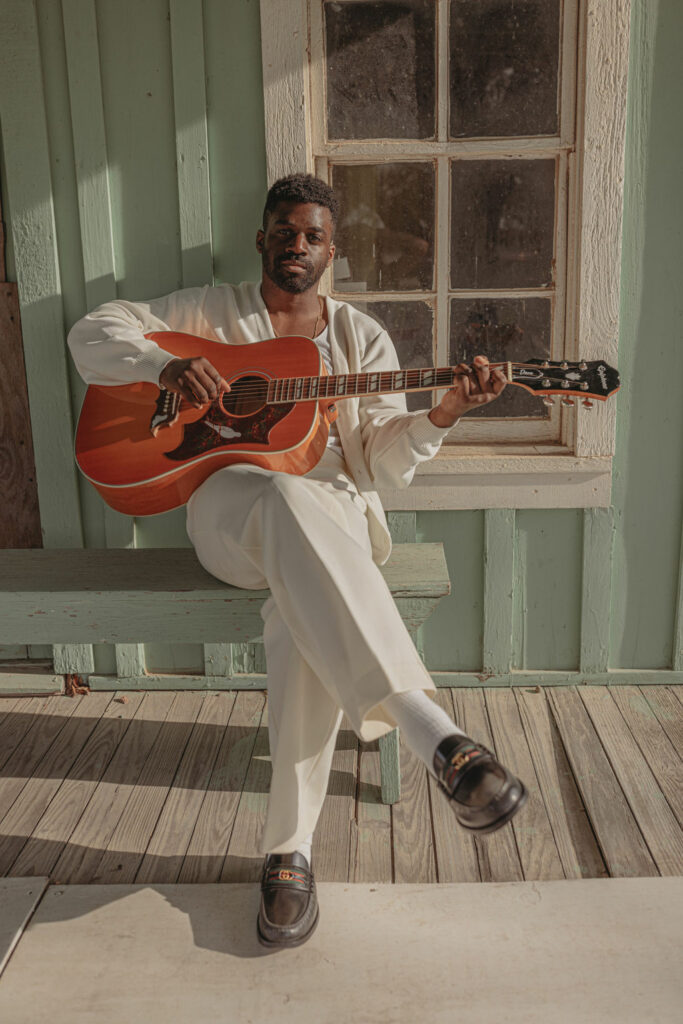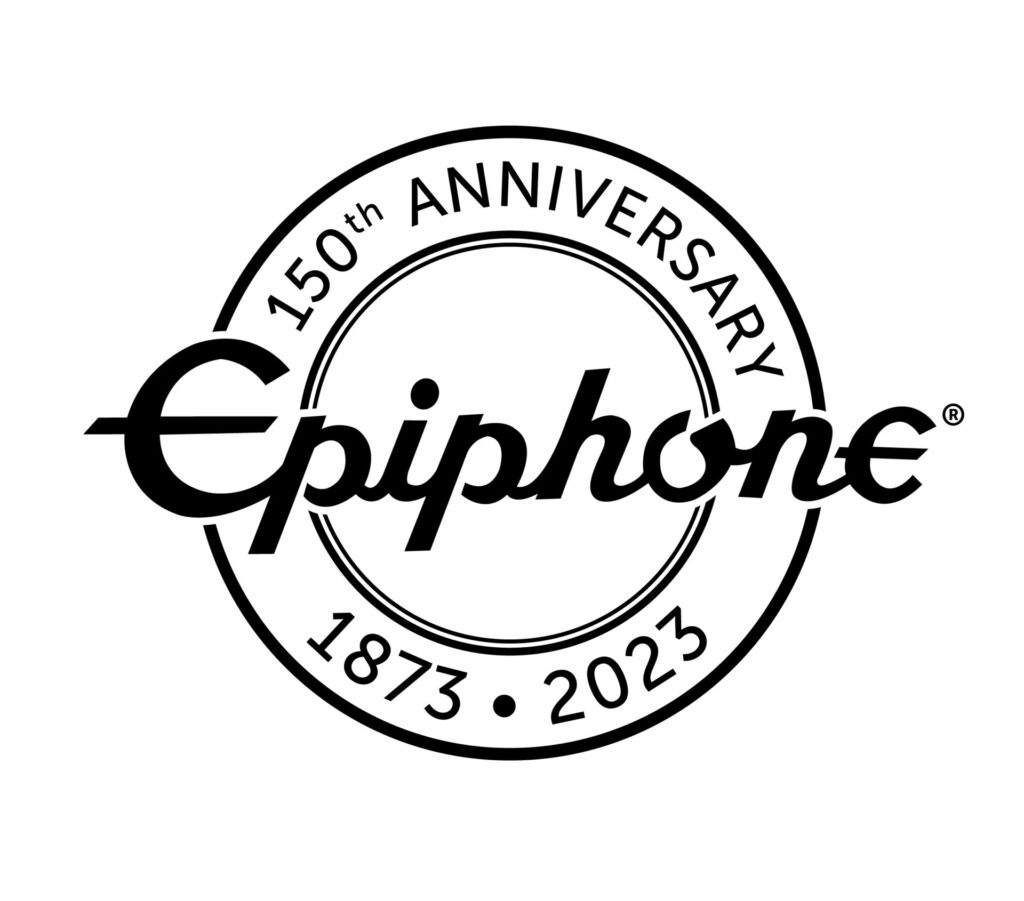Riff ‘N’ Roll: a look back at 150 years of Epiphone
As guitar brand Epiphone celebrates its 150th anniversary, we speak to some of the artists who have fallen in love with some of its finest instruments.

James Bay’s life changed the day he strolled down Bleecker Street in New York and popped into Matt Umanov Guitars.
The singer-songwriter had just come from a meeting with Republic Records about his first record deal, and was killing time while his managers continued negotiations. He certainly didn’t have enough money to contemplate buying an instrument that day. But that impromptu browsing session would have a major impact on his career.
Because, when he met up with the record company later, all he could talk about was the 1966 Epiphone Century guitar he’d played in the shop; its cherry red finish, its beautiful wood grain body, its incredible sound. And when he got back to England, he found a package waiting for him, with a note that said: “We’d love you to have this guitar – and we’d love to work with you.”
“A new guitar and a record deal on the same day,” Bay laughs. “It was crazy. But it was a love-at-first-sight experience with that Epiphone…”
Talk to any Epiphone player and you’ll likely hear similar tales of instant infatuation. And there have been a lot of Epiphone players over the years: the storied guitar brand celebrates its 150th anniversary this year, during which time their instruments have been wielded by everyone from John Lennon to Noel Gallagher and John Lee Hooker to Joan Jett.
The company was founded in 1873 by Greek businessman Anastasios Stathopoulos in what’s now modern-day Turkey. Originally, it made lutes and mandolins. But after the business relocated to New York, it was taken over by Anastasios’ son, Epaminondas – who renamed it Epiphone in 1928 after his own ‘Epi’ nickname – and things really took off.
The company became a highly respected player in the burgeoning banjo and guitar markets. But when Epi passed away in 1943, the company ran into trouble. It was sold to Gibson in 1957.
The two firms had long been competitors – Gibson’s current VP of product and Epiphone history buff, Mat Koehler, recalls an ad campaign where Gibson claimed, “Only a Gibson is good enough” and Epiphone hit back with the slogan, “When ‘good enough’ isn’t good enough”. Even Les Paul, he of the ultimate signature Gibson instrument, originally developed his solid-body guitar prototype, ‘The Log’, with Epiphone.

But while some brands disappear when swallowed up by corporate rivals, Epiphone has thrived under the Gibson umbrella, carving out its own niche as the guitar for those seeking an alternative.
“Anybody looking for something a little left-of-centre is going to find an Epiphone that fits the bill,” says Koehler.
Current Epiphone players relate to what James Bay calls the brand’s “underdog story”, but also praise its durability, accessibility and affordability.
Take Abraham Alexander, for example, who learned guitar by watching Gary Clark Jr play the blues on an Epiphone Casino, and is now himself a Gibson Marquee Artist. Alexander’s Epiphone Dove has been everywhere with him as his star rises.
“On the plane, on the tour bus, in the van – it’s been through all the stages!” he laughs. “And it’s held up incredibly. Sometimes, when a guitar costs 10 grand, you feel you can’t travel with it or play it on stage. But that’s what you have a guitar for – to play it, not to put it in a chest. It’s meant to be with you through all these different experiences.”
Rising rock’n’roller Emily Wolfe paints a similarly resilient picture of her first Epiphone, a black Sheraton.
“I beat it up, because I play very aggressively,” she laughs. “But it will stand a lot of heat. That guitar is what started me as a professional musician. I’ll always hold Epiphone close to my heart; it’s the foundation of my career and songwriting.”
Mat Koehler notes that Epiphone is not concerned about offering “the cheapest guitar – but we do want to offer the most value”. And these iconic guitars offer much more besides: helping to shape the sounds, the attitudes and even the looks that keep the rock’n’roll world turning.
Look at James Bay. Now he has his own signature Epiphone line, but when he broke through, he was so attached to his guitar it became as intrinsic to his image as his famous hat. More to the point, most of the songs on his debut ‘Chaos And The Calm’ album were written and recorded on that classic Century.
“There’s something approachable about an Epiphone guitar,” Bay says. “It’s very easy to connect with. I always want to go back to that red Epiphone. It’s a wonderful relationship to have with an instrument.”

Meanwhile, Wolfe – who has produced not one, but two signature Epiphone guitars – says the company’s support has helped her blaze a trail through what’s traditionally been a male-dominated world.
“I didn’t really have any female guitarists to look up to when I was younger,” she says. “I want girls to know it’s about your playing, your songs and your music, not about the body you have. That’s a mission of mine – so it’s really cool when young girls gravitate towards the guitar itself after a show.”
Alexander and Wolfe both also praise Epiphone for its policy of supporting newer, younger artists such as themselves, alongside more established names. And the 150th celebrations – which include special, limited-edition versions of Epiphone’s greatest hits and the launch of a merch line – coincide with a post-Covid guitar sales rush.
Mat Koehler quips that this resurgence is “the best job security I could have asked for”, while Abraham Alexander says it “shows the power of music”.

“When the over-stimulation fades, what’s real will remain,” he says. “Even in the days of AI, you can’t manufacture that feeling of holding a guitar.”
Not many things last for 150 years in the music industry – even the shop where James Bay bought his trademark guitar on that fateful day is long gone. But, if the passion of its players and employees is anything to go by, Epiphone isn’t going anywhere just yet.
That’s why Abraham Alexander says he feels “naked” without his Epiphone Dove. That’s why James Bay declares, “Wherever you find me, you’ll find an Epiphone guitar not far away.” And that’s why Mat Koehler believes Epiphone could yet be with us for another 150 years.
“We’ve got this incredible team,” he says. “We’re engaged in our history and we learn from it. With that on our side, we’re going to make sure guitars matter more than ever going forward. As long as artists need tools for creation, Epiphone will be going strong.”
